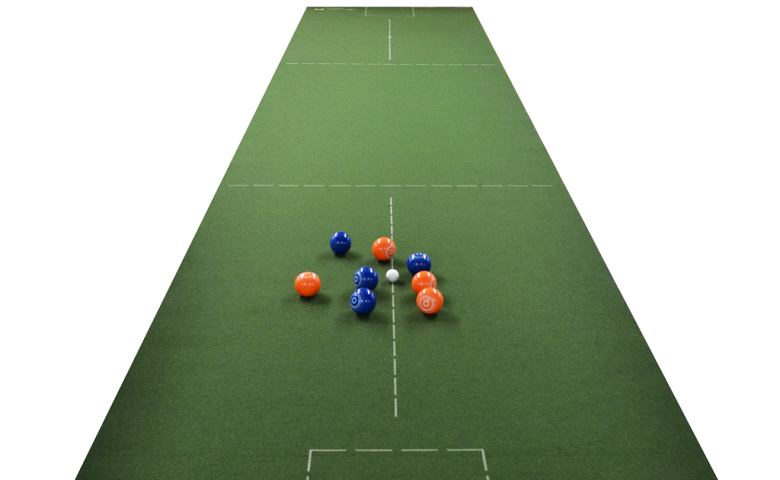How Do You Know When It’s Time to Introduce Solid Baby Food?

Did you know that babies store iron in their bodies while in the womb and gradually deplete it within their first six months of life? Besides this innate reservoir, babies get iron and other essential minerals from breast milk and infant formula; however, as most babies approach six months, these dietary sources fail to provide sufficient nutrients (including iron) for optimal growth and development.
Introducing solid food not only keeps your baby healthy but also helps them learn to eat, develops their jaws and teeth, builds other skills necessary for language development and accustoms them to new tastes and textures. Nevertheless, transitioning from breast milk/formula to solid food is a major step that differs from baby to baby. Here are four indications that your baby is ready for solid food.
Your Baby Has Stable Head and Neck Control
Can your baby sit upright with minimal support? If you no longer need to prop your baby’s head up when sitting, they might be ready for solid baby food. Head and neck control is essential for safe chewing and swallowing. Avoid introducing solid food to your baby until they can comfortably hold their head up – chunkier solid food, especially, should be held back until the baby is at least seven months old and can sit unassisted.
Less Sensitive Tongue-Thrust Reflex
The tongue-thrust or extrusion reflex is an involuntary action that protects babies from choking on food and foreign objects and makes it easier to latch onto their mother’s nipples. Thanks to the extrusion reflex, your baby’s tongue will thrust out anything but a nipple from their mouth, making it almost impossible to give them solid food.
Fortunately, this reflex naturally fades out after four months. You can test your baby’s perseverance of solid food by mixing tiny portions of baby food with their milk and administering it with a spoon. If their tongue instantly pushes the food out, they might not be ready for solid food yet.
Your Baby Reaches Out/Expresses Interest In Your Food
Constantly eyeing your food or reaching out for it is a telltale sign that your baby is ready for solid food. If your baby can grasp objects and open their mouth when offered food on a spoon, consider them developmentally ready for real food.
Your Baby is Double Their Birth Weight
The American Academy of Pediatrics recommends introducing solid foods when a baby is at least 13 pounds or double their birth weight. If your baby is yet to reach either of these weights, stick to breast milk or formula until they are ready.
Making the Transition
When your baby shows signs of readiness, try introducing single-ingredient foods one at a time to assess any problems with a specific food, e.g., allergies. Gradually transition to potentially allergenic foods like eggs, cow’s milk, nuts, wheat and fish, and your child will be on their way to enjoying new foods before you know it. For more childcare tips, tricks, and professional advice, consider child care courses in Syndey or close to your home.












